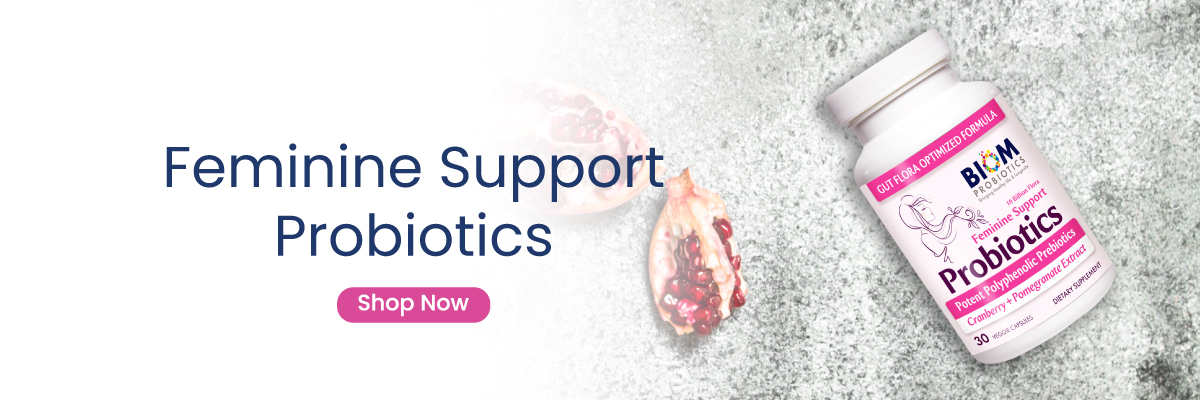Probiotics, often hailed as the “good” bacteria residing in our gut, have gained significant attention for their diverse health benefits. Among their many remarkable qualities is their ability to stimulate the production of regulatory immune cells, a crucial component of immune health. In this blog, we’ll delve into the fascinating role of probiotics in bolstering regulatory immune cells and the profound impact they have on our overall well-being.
The Immune System: A Balancing Act: The immune system is a complex network of cells and molecules tasked with protecting the body from harmful invaders while maintaining tolerance to self. Central to this delicate balancing act are regulatory immune cells, specialized cells that play a pivotal role in dampening immune responses and preventing excessive inflammation.
The Probiotic Connection: Emerging research suggests that probiotics, those friendly bacteria found in fermented foods and supplements, play a key role in promoting the development and function of regulatory immune cells. These beneficial microbes exert their influence through various mechanisms, including direct interaction with immune cells and modulation of the gut microbiome.
Supporting Evidence: Studies have shown that certain strains of probiotics can enhance the production of regulatory T cells (Tregs), a type of immune cell tasked with suppressing excessive immune responses and maintaining immune tolerance. Additionally, probiotics have been found to promote the release of anti-inflammatory cytokines, molecules that help regulate immune activity and prevent chronic inflammation.
The Benefits of Regulatory Immune Cells: The stimulation of regulatory immune cells by probiotics holds immense promise for promoting overall health and well-being. By fostering immune balance and dampening excessive inflammation, probiotics may help alleviate symptoms associated with inflammatory conditions, autoimmune diseases, and allergic reactions.
Incorporating Probiotics Into Your Routine: To reap the benefits of probiotics for immune health, consider incorporating probiotic-rich foods like yogurt, kefir, sauerkraut, and kimchi into your diet. Additionally, probiotic supplements containing specific strains known to support immune function can be a convenient way to ensure optimal intake.
The ability of probiotics to stimulate the production of regulatory immune cells highlights their potential as a valuable tool for promoting immune balance and overall well-being. By nurturing the gut microbiome with probiotic-rich foods and supplements, we can harness the power of these beneficial microbes to support immune health and pave the way for a healthier, more resilient body.





